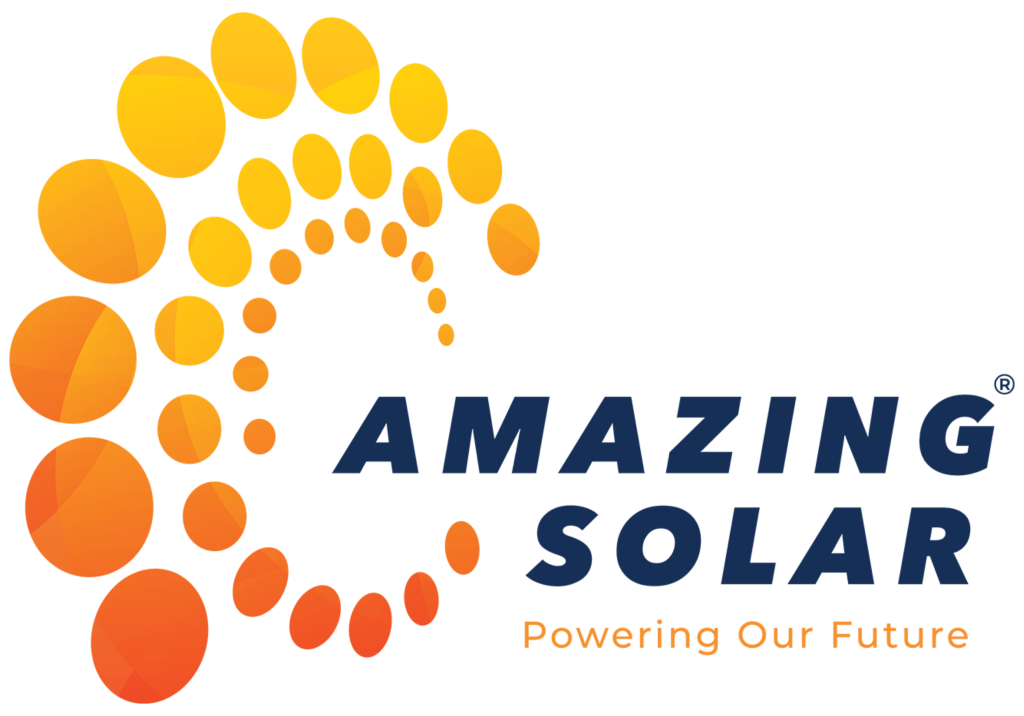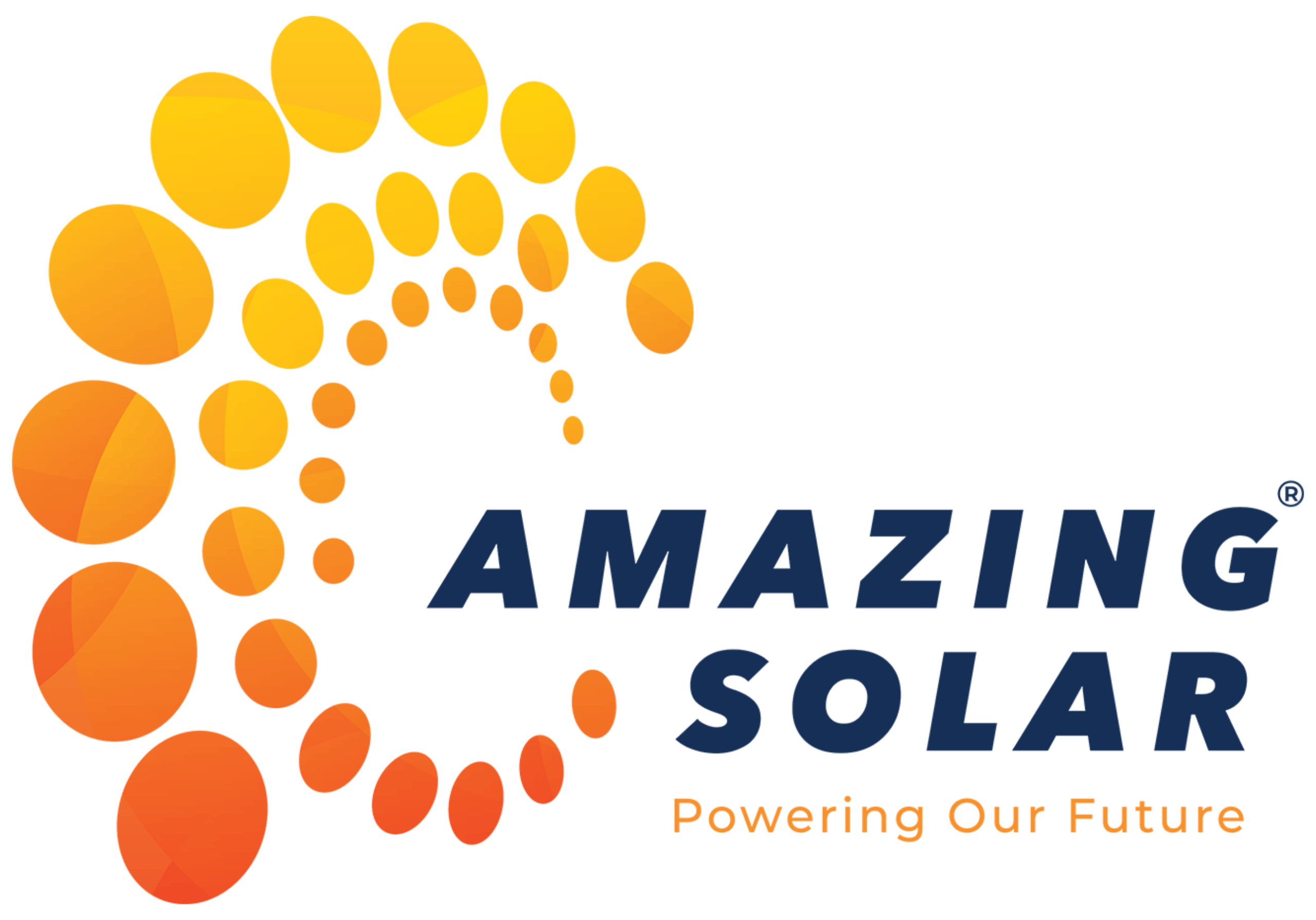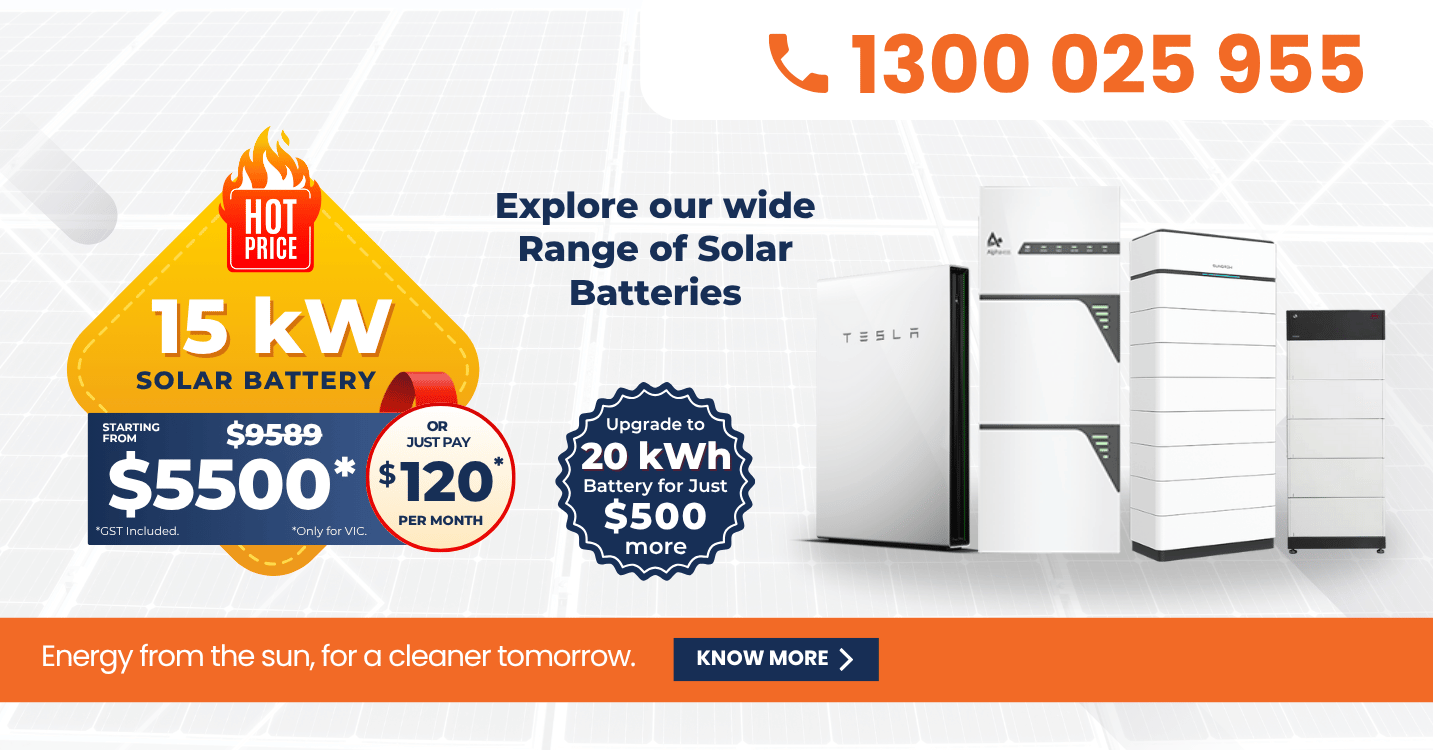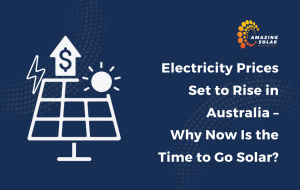As battery storage becomes a crucial part of solar energy systems in Australia, choosing between AC vs. DC coupled battery systems can be challenging. The right system depends on your energy needs, existing solar setup, and future expansion plans. In this blog, we’ll break down AC and DC coupling, compare their advantages and disadvantages, and help you determine the best choice for your home or business.
Understanding AC and DC Coupled Battery Systems
What Is an AC Coupled Battery System?
An AC coupled battery system is connected to the alternating current (AC) side of your solar energy system. This means your solar panels generate direct current (DC) electricity, which is first converted into AC by a solar inverter. Then, if you have a battery, the AC power is converted back into DC by another inverter to store in the battery.
Key Components of AC Coupling:
- Solar panels
- Solar inverter (converts DC to AC for home use)
- Battery inverter (converts AC back to DC for battery storage)
- Battery storage unit
What Is a DC Coupled Battery System?
A DC coupled battery system is directly connected to the direct current (DC) side of your solar system. This means the solar panels produce DC electricity, which is stored in the battery before being converted into AC power for use in your home.
Key Components of DC Coupling:
- Solar panels
- Solar charge controller (regulates voltage from panels to the battery)
- Hybrid inverter (converts DC to AC for home use)
- Battery storage unit
Comparison: AC vs. DC Coupled Battery Systems
Feature | AC Coupled System | DC Coupled System |
Installation Complexity | Easier to retrofit | Better for new installations |
Energy Conversion Efficiency | Lower due to double conversion (DC to AC to DC) | Higher efficiency (DC to DC, then AC) |
Compatibility | Works with existing solar inverters | Requires a compatible hybrid inverter |
Cost | Slightly higher due to extra inverter | Generally lower, especially for new installations |
Scalability | More flexible for expanding battery storage | Can be complex to upgrade |
Suitability | Best for adding storage to existing solar systems | Ideal for new solar + battery setups |
Advantages and Disadvantages of AC and DC Coupling
Advantages of AC Coupled Battery Systems:
- Easier to Add to Existing Solar Systems – If you already have a solar panel system, AC coupling allows you to install a battery without modifying your current setup.
- Flexible Battery Selection – You can choose from a variety of battery brands and technologies since AC coupled systems use a separate inverter.
- Better for Grid Backup – AC coupled batteries often provide a better backup power solution in case of a grid outage.
Disadvantages of AC Coupled Battery Systems:
- Lower Efficiency – The double conversion process (DC to AC, then back to DC for storage) results in some energy loss.
- More Expensive – Requires an additional battery inverter, increasing upfront costs.
Advantages of DC Coupled Battery Systems:
- Higher Efficiency – Energy is stored in DC form and only converted once, reducing conversion losses.
- Lower Equipment Cost – A hybrid inverter handles both solar and battery functions, eliminating the need for a separate battery inverter.
- Ideal for Off-Grid Systems – DC coupling is the preferred choice for off-grid solar systems, where efficiency is crucial.
Disadvantages of DC Coupled Battery Systems:
- Harder to Retrofit – If you already have a solar inverter, switching to DC coupling may require a costly inverter replacement.
- Less Flexibility – Some DC coupled systems limit battery selection to specific brands or models.
Which One Should You Choose?
Your choice between AC vs. DC coupled battery systems depends on your specific situation:
- If you already have solar panels and want to add battery storage, an AC coupled system is often the best option due to its easy integration.
- If you’re installing a new solar and battery system, a DC coupled system may be better due to its higher efficiency and lower overall cost.
- If you’re planning an off-grid solar setup, DC coupling is generally preferred for its efficiency and direct battery storage capabilities.
Talk to a Solar Expert
Choosing the right battery system is crucial for maximising your solar investment. If you’re unsure which option is best for you, speak to an expert at Amazing Solar. Our team can assess your energy needs and recommend the best solar battery solution for your home or business.
Call us today at 1300 025 955 to discuss your options with our solar experts!
















